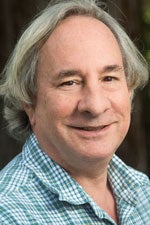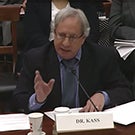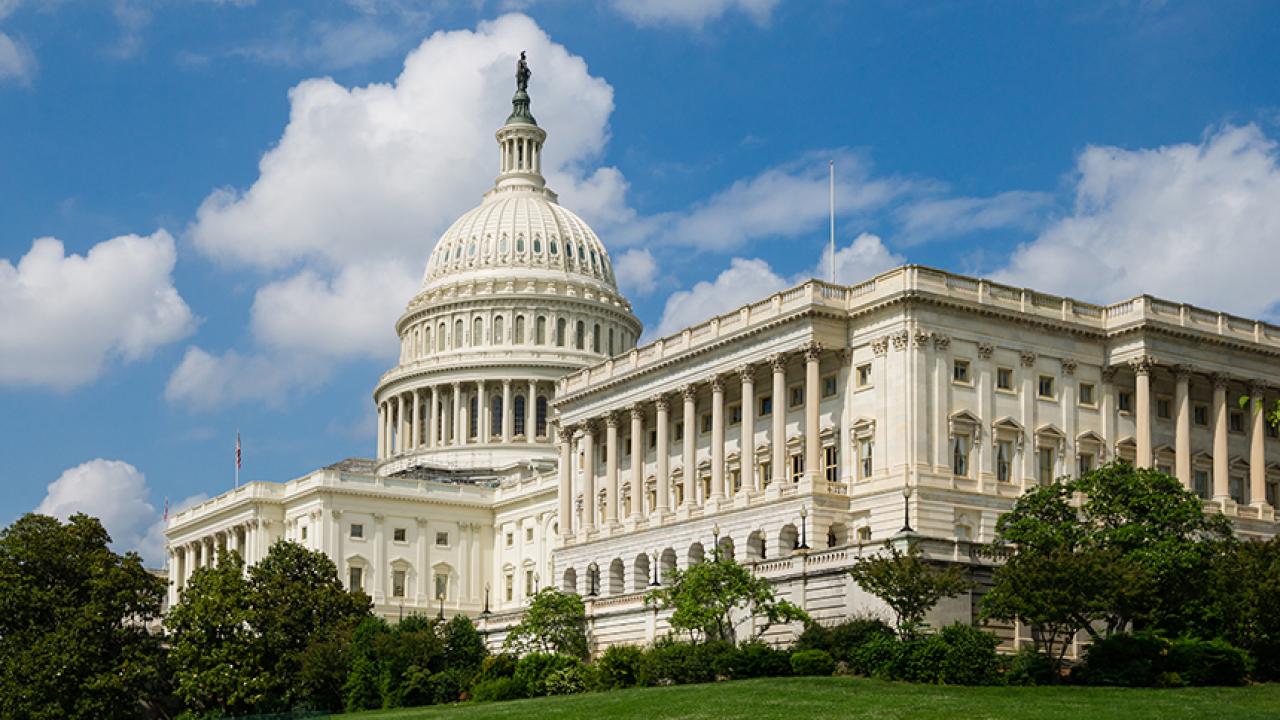Quick Summary
- Vice provost of Academic Affairs assists congressional committee in its inquiry on how to prevent sexual harassment in science
- Kass gives testimony on UC Davis’ pilot program of reference checks into personal conduct of finalists for faculty positions’ personal conduct
- Job postings note that UC Davis will look into potential misconduct, described by Kass as a “modest preventive step that is long overdue”
A congressional committee looking at how to prevent sexual harassment in science heard recently about a UC Davis pilot program that checks references regarding the personal conduct of finalists for academic appointments.

Philip Kass, vice provost of Academic Affairs, in his prepared remarks for testimony June 12 before the House Committee on Science, Space and Technology, said UC Davis and its sister campuses are striving to combat sexual harassment and foster a culture of respect and accountability, and this has led the UC system “to take a strong and public stance against portions of the Department of Education’s proposed Title IX rule that would narrow the definition of sexual harassment and lower the standards to which schools are held.”
The UC Davis pilot program, which enters its second year July 1, enables the university to obtain and review information about candidates’ personal conduct in their previous appointments that may be important to appointment decisions. “This includes conduct involving gender discrimination, sexual harassment and sexual violence,” Kass said.
The reference checks do not involve any process for criminal background checks, which are covered by other university policies.
Advance warning
The pilot program covers finalists for hiring into professor or lecturer titles with tenure or security of employment, respectively. Applicants are advised, in job postings, that UC Davis will conduct reference checks into potential misconduct — and if an applicant does not authorize such a reference check, his or her application will not be considered.
In conducting a reference check, the university contacts the applicant’s previous institution or institutions to ask whether there have been substantiated findings of misconduct that would violate UC’s Faculty Code of Conduct.
Kass explained what happens next: Academic Affairs, in consultation with the appropriate dean and department chair, will conduct an individualized assessment of any information received, including the nature of the conduct, the length of time passed, any corrective action taken, and any explanation offered by the candidate. After reviewing the information, Academic Affairs, in consultation with the dean and department chair, will determine whether the candidate is still eligible to be considered for the position.

Video of congressional hearing
Kass also testified about the work of the Association of American Universities' sexual harassment and gender discrimination advisory board, on which he serves, and national recognition of campus efforts to advance diversity. [Click here to watch the entire hearing, approximately two hours long.]
Results to date
“To date, the pilot has resulted in 14 candidates requiring reference checks; nine completed reference checks; 23 academic institutions contacted; 19 responses received; and zero instances where information about discipline was provided,” Kass told the committee.
Kass said Academic Affairs had received no protests from applicants or institutions. “We believe that potential applicants for faculty positions who have been disciplined, upon reading UC Davis’ requirement for a signed authorization in order for their application to be considered, will be dissuaded from applying,” he said. “The UC Davis reference check process therefore is likely acting as a prescreening preventative, consistent with our belief that we do not want to hire faculty whose behavior is inconsistent with our Faculty Code of Conduct and our Principles of Community.
Consistent with the Combating Sexual Harassment in Science Act of 2019 (House of Representatives 36, or HR 36), Kass said, “we believe our reference check program is an intervention for reducing the incidence and negative consequences of sexual harassment in both the STEM and non-STEM workforces, including students and trainees.”
Sharing our findings
“At UC Davis, we believe it is our moral imperative to protect our students, as well as all other members of our campus community, and so in our minds this modest preventive step is long overdue,” Kass said. “We have found no impediments to its implementation, and during the second year of this pilot program we will again review and share our findings with our counterparts at other University of California campuses.
“We expect, and hope, that other universities will want to follow in our footsteps to prevent offenders at one university from relocating to another, and potentially become repeat offenders, and we stand prepared to help these institutions.”
Kass was among four witnesses at the hearing. All of their prepared remarks are available online.
Media Resources
Dateline Staff, 530-752-6556, dateline@ucdavis.edu
